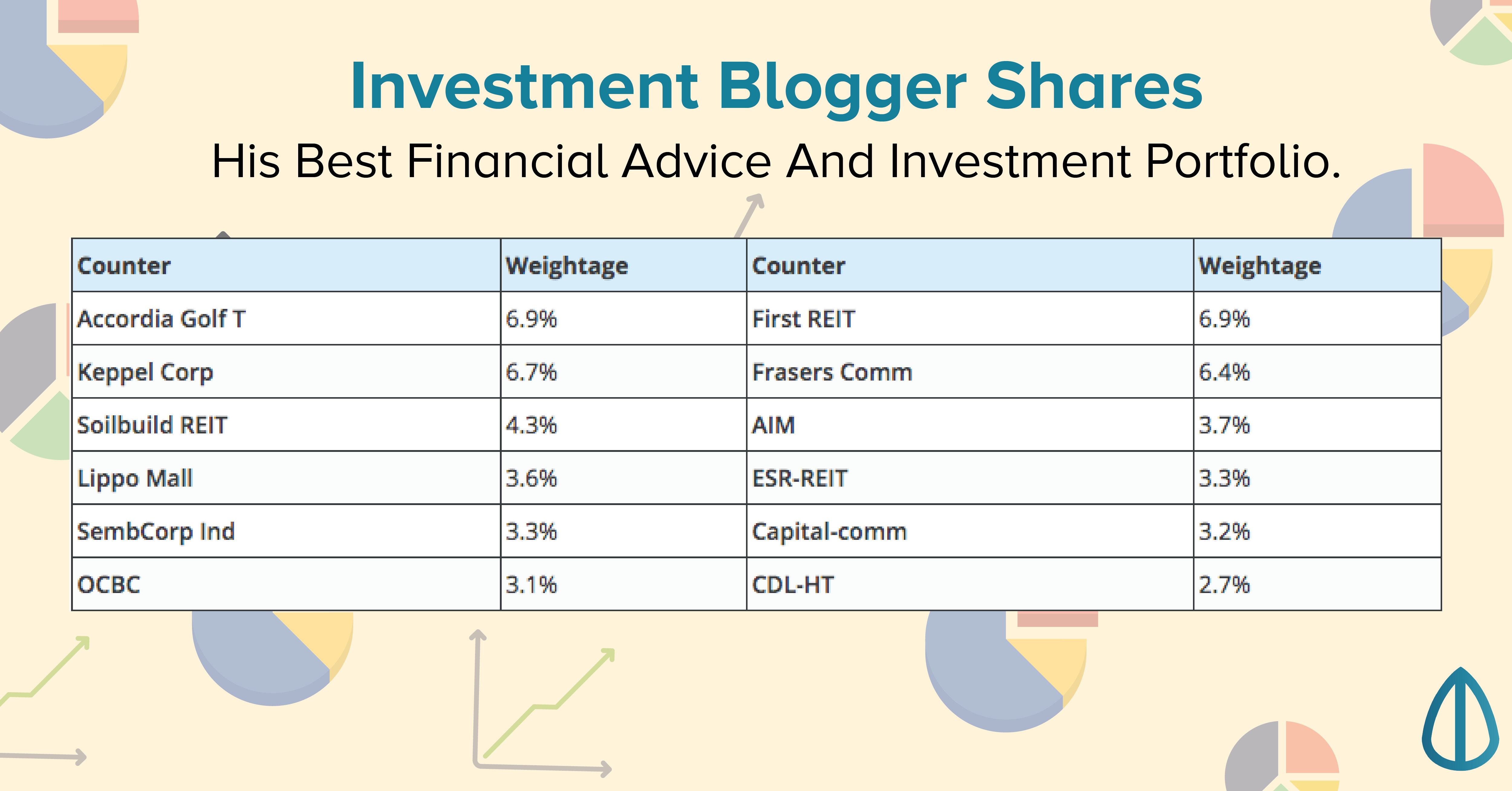Advertisement
Anonymous
Hi, I've emergency savings, purchased SSB and a unit trust. I'm also saving for a house. Is my financial portfolio diverse enough at the moment or should I invest in REITs/stocks? I'm stuck between putting my money into savings or investing?
6
Discussion (6)
Learn how to style your text
CommonSense Investor
25 Jun 2021
Certified Professional at Biotechnology and Gene Therapy Industry
Reply
Save
Good job having your emergency savings.
You'll need to calculate your expenditures for the house. Do you need any huge amount of money for it? If so, save your money for the huge expenditure first before investing.
I would suggest splitting up your money, putting some into stocks and some into REITs. Maybe do some research and find out what you'll putting your money into first! :)
Reply
Save
Congratulation. Have you purchased any insurance? That's the only essential that I can spot missing ...
Read 4 other comments with a Seedly account
You will also enjoy exclusive benefits and get access to members only features.
Sign up or login with an email here
Write your thoughts
Related Articles
Related Posts
Related Posts
Advertisement









Whole World is printing money in TRILLIONS and here you are thinking of saving paper money?
Cool Bruh